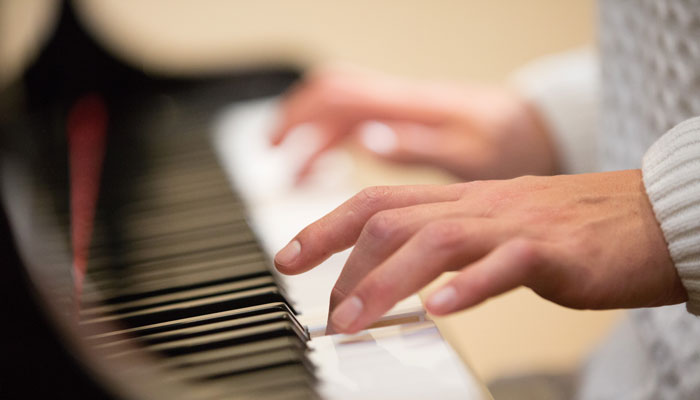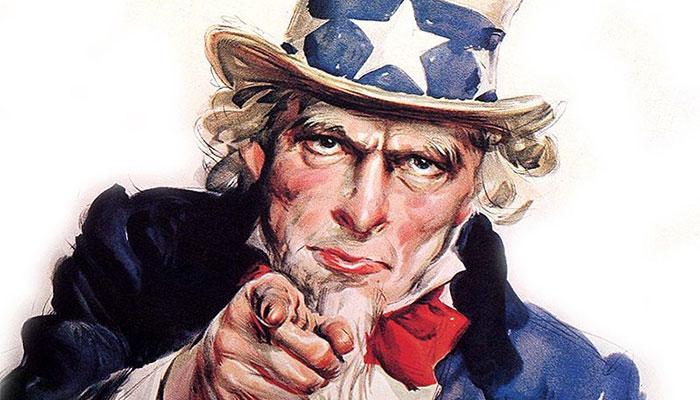In 2020, everyone’s making like a medico or a mathematician. We know what a flattened curve looks like, can call out a super-spreader (not to mention those irritating covidiots), and have a position on suppression and elimination.
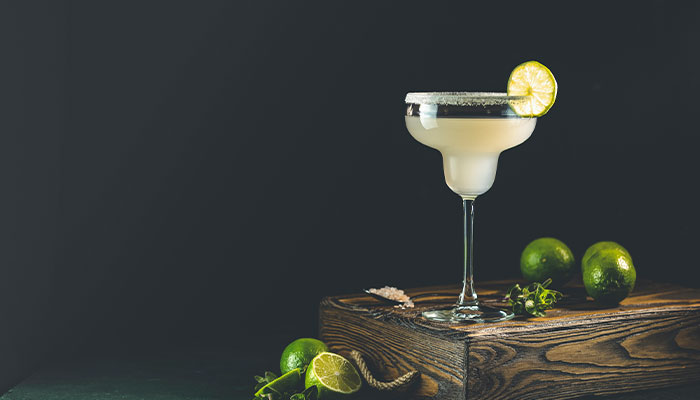
All shook up: New words, such as 'quarantini', are emerging, as other established words turn up in unexpected places.
We’ve come to see social distancing as a unit of measurement, can debate the ins and outs of the drugs hydroxychloroquine and remdesivir, and get warm and fuzzy over the idea of a protective travel bubble.
We know that a 'quarantini' goes down particularly well at Zoom time.
Upping its profile is 'fomite', which refers to the surfaces on which a virus can survive, thus abetting transmission. Fomite comes from the Latin for 'kindling' or 'touchwood' – spongy tinder from trees affected by fungal rot. It is not just porous surfaces that can preserve the virus. Studies have shown that it remains active on stainless steel, glass and plastic longer than it does on clothes. So what’s next? 'Surface distancing'?
The frugal lifestyle is being actively embraced – not so much for its elegance as a means to 'live large on very little'.
'Exponential' has become a word of jokey hyperbole, as in: “My weight’s grown exponentially since I’ve been in lockdown.” But it has a precise mathematical sense that isn’t always being acknowledged in the media. Technically, it refers to an increase in quantity that keeps growing – hence it is represented graphically by a curve. This is different from, say, linear growth, which is represented by a straight line.
Other established words are turning up in unexpected places.
Day of the squirrel
Crossword compiler and word nerd David Astle has pointed to the use of magpie as a verb, meaning to swoop on and clear out supermarket shelves. The aggressiveness implied in this action seems rather truer to life in Australia than the cuteness of the new German formation hamsterkauf ('hamster-purchase'). That is based on the verb hamstern, 'to hoard' after that creature’s habit of storing food in its cheeks.
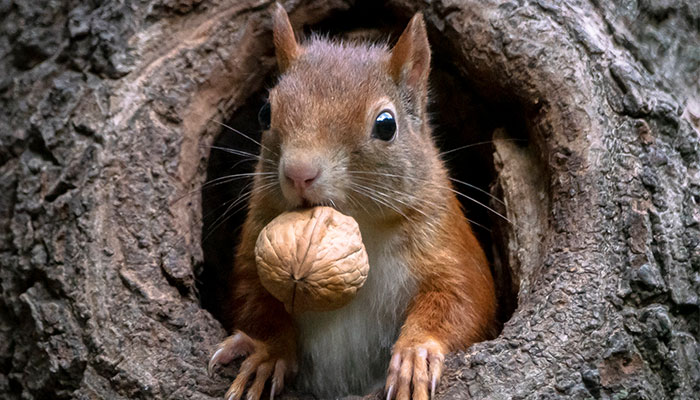
Nuts about rodents: The thriftiness of the squirrel is being applied to the COVID-19 context.
In English we use a different rodent for the same purpose. The thriftiness of the squirrel has often been related to the saving of money but is also being applied in the COVID-19 context. The Canberra Times noted: “How some of us love to get all hatchet-facedly judgmental about … those dynamic shoppers harmlessly obeying their inner-squirrel by buying and hoarding toilet paper.”
Back in currency is 'frugalista'. As Macquarie University’s Emeritus Professor Pam Peters notes in Campus Review, while frugal often works as a negative when applied to, say, the amount of food on the table, Samuel Johnson’s 18th-century observation on the frugal lifestyle suggests it could have positive values, as in 'a family remarkable for domestic prudence and elegant frugality'.
In our current economically challenging times, Peters writes, the frugal lifestyle is being actively embraced – not so much for its elegance as a means to 'live large on very little'. The Australian author Serina Bird titled her entertaining 2019 memoir The Joyful Frugalista, enjoying the wordplay on fashionista “as someone who isn’t a slave to department store fashion and finds op shopping the key to success.”
The frugalista returns ... and Zoombombing arrives
While Bird makes the word 'frugalista' her own, says Peters, it was around at least a decade before, nominated as the word of the year by The New York Times in 2008 – in the context of the Global Financial Crisis.
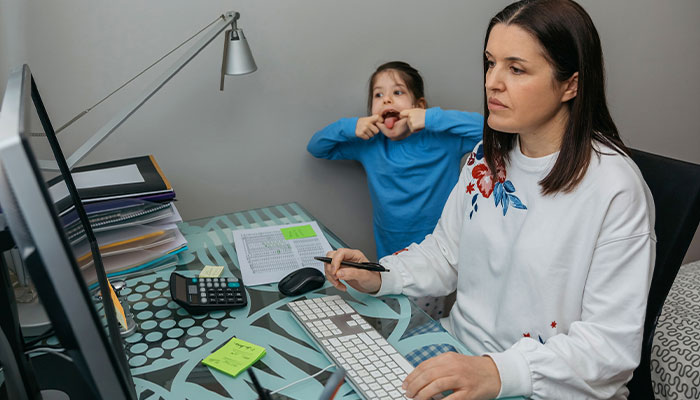
Funny faces: 'Zoombombing' – or appearing uninvited on screen – is one of the 2020 words collated on the New Word Blog of the Macquarie Dictionary.
Indeed, the language of social crisis is rich and abiding.
World War I gave us 'shellshocked', 'in the trenches', and important tokens of Australian identity such as 'digger' and 'ANZAC'. 'Furphy' was the name of the manufacturer of water carts, where troops would gather to tell each other tall stories – which have become known as furphies. It was essentially the precursor to gossiping around the water cooler.
World War II left a large legacy of words that entered the mainstream: among them 'blitz', 'blockbuster', 'blood bath', 'boondocks', 'bonkers', 'blackout', and 'bureaucratese'. Many words from the war years have over time been disconnected from their military meanings. We use 'blockbuster' today as meaning a popular film, but it was originally a military term for an aerial bomb capable of destroying a whole block.
From the terrorist attacks in the US on 11 September 2001, came 'ground zero', 'the war on terror', 'axis of evil', 'weapons of mass destruction', 'coalition of the willing', and 'homeland', although the term '9/11' is still the most evocative residual of the tragedy.
The New Word Blog of the Macquarie Dictionary (whose Eighth Edition has just been published) collates those 2020 words that may or may not stick around to become part of the Covid lexicon, among them 'fakeaway dinners' (the ones you used to buy and are now cooking yourself), 'iso skills' and 'Zoombombing' (appearing uninvited on screen).
Not to mention the black euphemism for COVID-19: 'Boomer remover'.
Dr Adam Smith is a Lecturer in the Department of Linguistics, and the convenor of the Editing and Electronic Publishing Program at Macquarie University. His latest study, with Pam Peters and Tobias Bernaisch, is on 'Shared Lexical Innovations in Australian and New Zealand English'.


